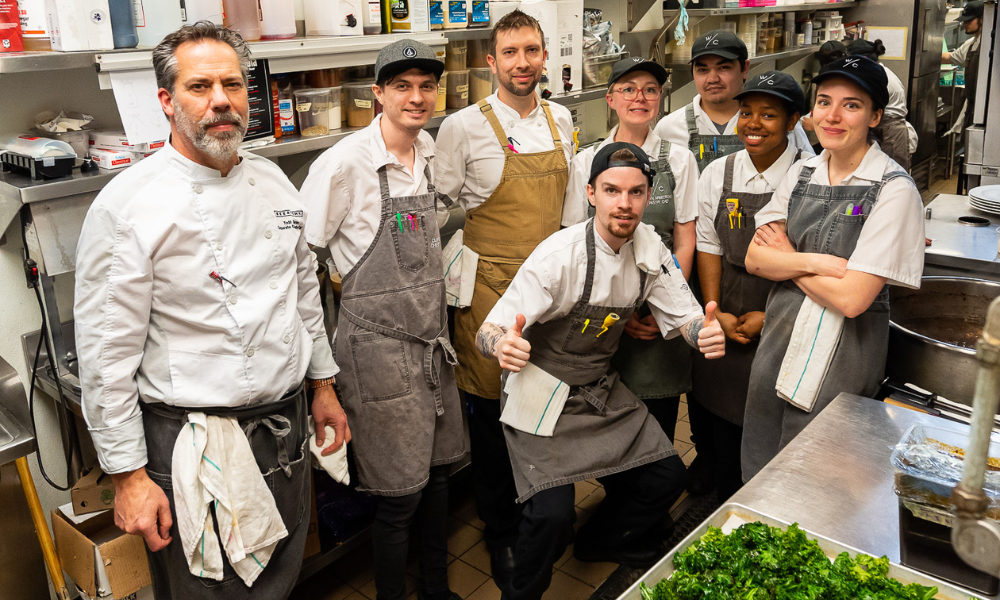'Honestly, one of the greatest recruitment tools that we have is our team internally,' says VP of people and culture

Megan Stover, VP of people + culture at the Charcoal Group of Restaurants, is leveraging her extensive experience and HR best practices to tackle one of the industry’s most significant challenges: hiring and retaining talented workers.




